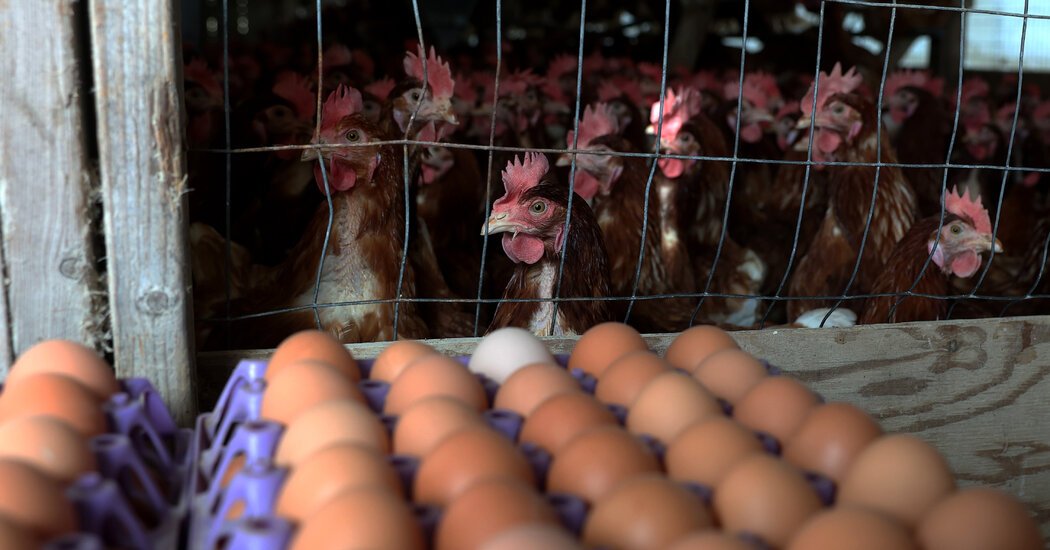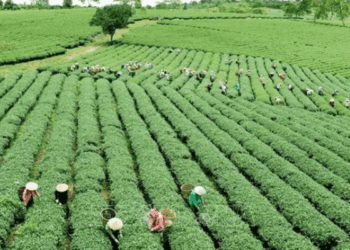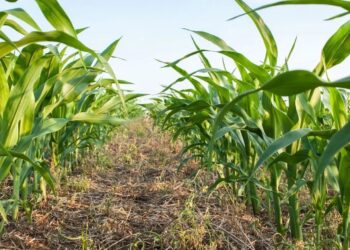Eggs and chicken, once among the most affordable protein sources for Nigerian households, have become increasingly expensive, leaving consumers struggling to keep up with rising costs.
According to agricultural expert, managing director of Pasture Establisher and Utilization Service, Surajo Muhammad, the price surge is linked to a mix of feed costs, weather conditions, energy expenses, and labour challenges that directly affect poultry production.
Muhammad explained that feed remains the biggest driver of costs.
“The high rate of increase in egg prices follows the rise in feed costs, especially maize. Fluctuating and poor-quality feed not only reduces profitability for farmers but also limits the number of eggs chickens can produce,” he said.
He noted that poor feeding lowers productivity, leading to shortages in supply. With fewer eggs in circulation, consumer demand rises, and prices go up.
Weather conditions also contribute to the problem. Cold weather reduces chickens’ water intake, affecting egg production. Limited or poor-quality water whether unsanitary, medicated, or far from the birds—further weakens output.
Farmers are equally burdened by rising energy costs, with higher prices of diesel and electricity pushing up expenses for heating, incubation, and daily farm operations.
These costs, alongside labour and infrastructure investments such as cages and housing systems, are eventually transferred to consumers.
“Sometimes high labour wages, coupled with low productivity and lack of research before venturing into poultry, increase overall expenses. Farmers also invest heavily in housing systems like battery cages and other equipment, and eventually, these costs are transferred to the consumer,” Muhammad added.
Muhammad recommended government intervention through subsidies to stabilise the sector.
“The best solution is for the government to subsidise poultry feed and distribute it directly to farmers. Input price subsidies would support farmers, boost egg production, and help balance market prices,” he said.
He stressed that with proper support, poultry farmers could improve output, strengthen food security, and restore affordability for households.
For now, however, the rising cost of eggs and chicken remains a challenge, weighing heavily on family budgets across the country.





